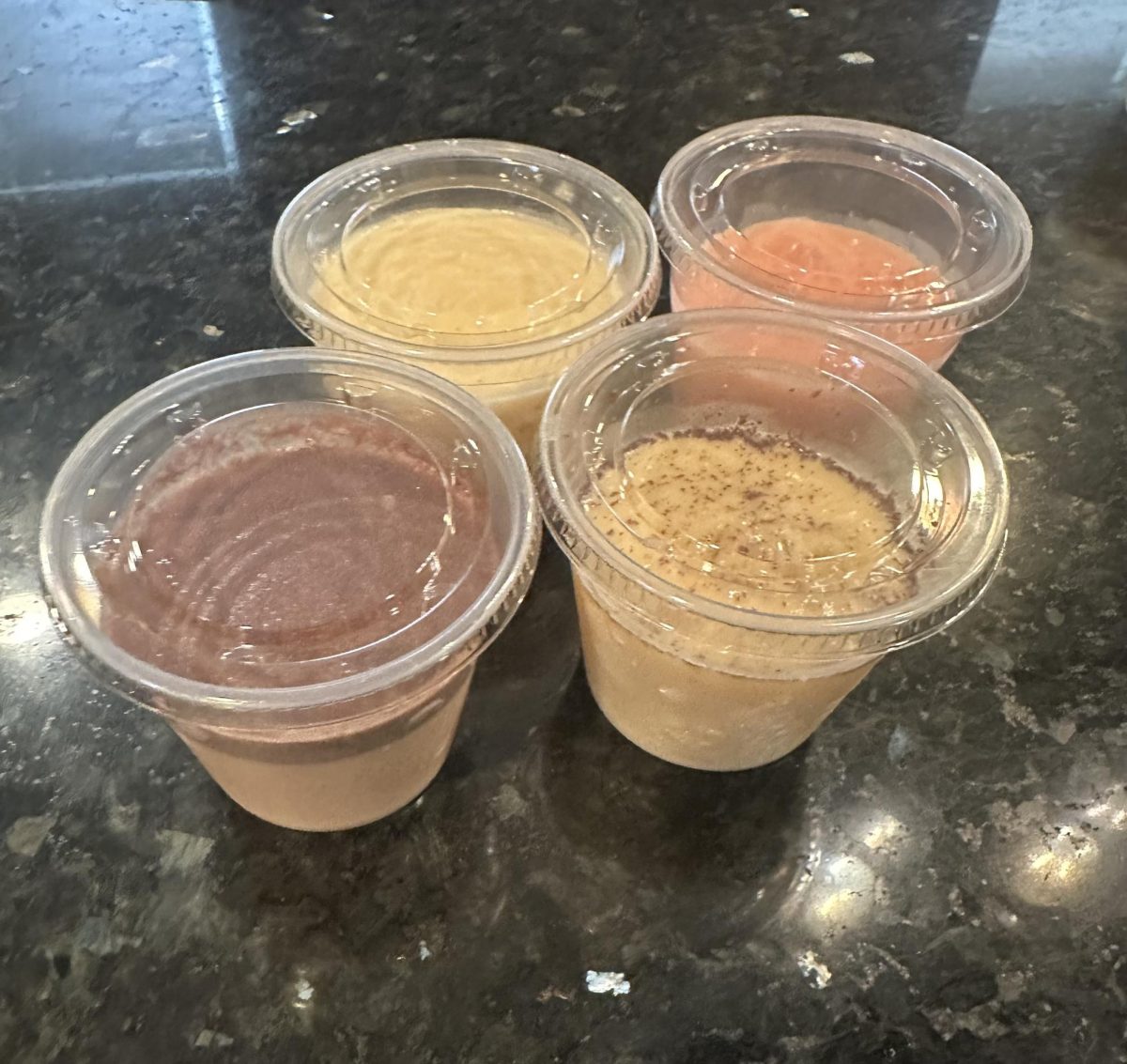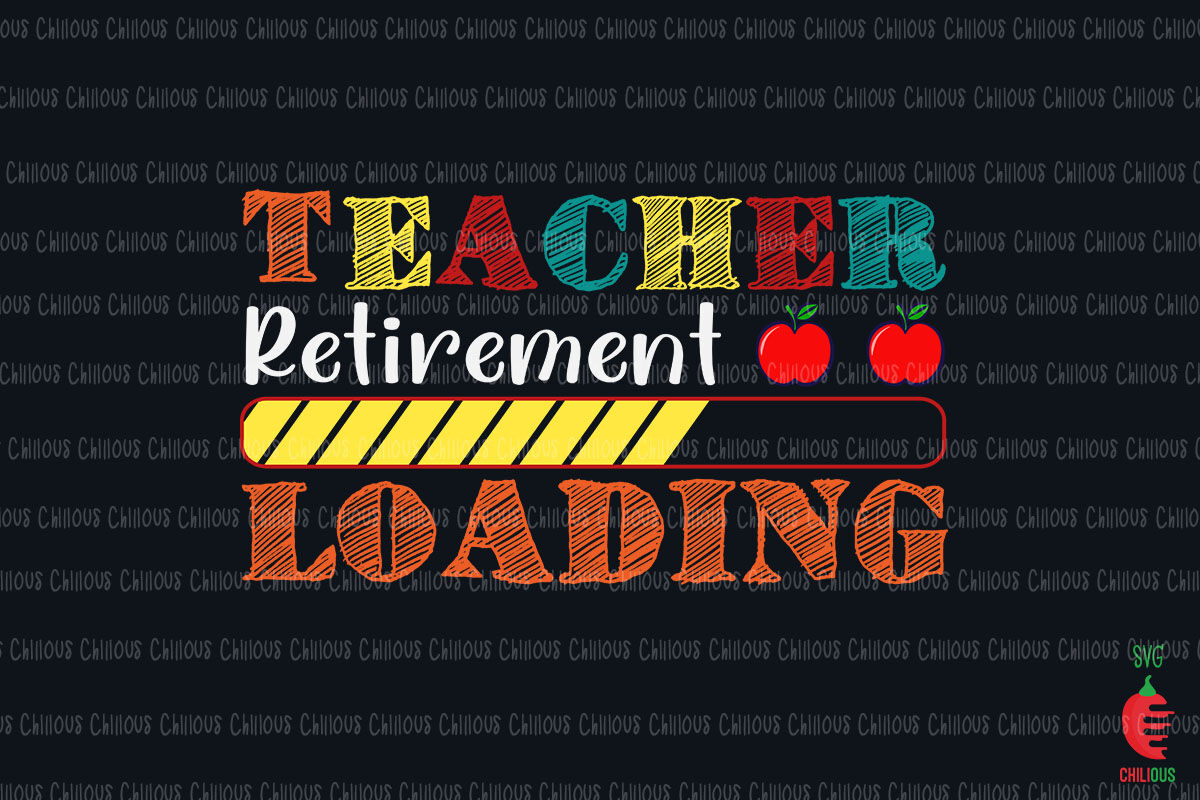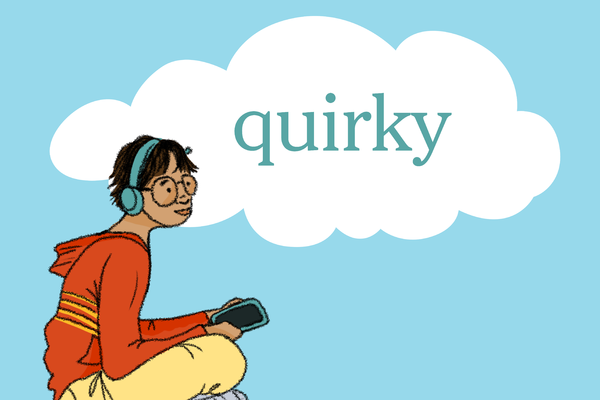With summer vacation quickly approaching, the main issue people are beginning to face is deciding how they want to spend their time. For most, summer vacation is all about rest and relaxation, but it is also the perfect time to experiment with new hobbies. Why not test out some hobbies proven to improve mental health?
Reading is one of the first hobbies that comes to mind to boost mental health and reduce stress. This form of healthy escapism has been proven by multiple studies to improve mental health in a variety of ways. For instance, in a 2009 study done by the University of Sussex, reading can reduce a person’s stress by up to 68%. In addition to reducing stress, this fun hobby has also been proven by research done at The New School in New York City to increase a person’s empathy. Whether someone is on the beach, beside a pool, or in bed, he or she may want to visit a local bookshop or library first to test these studies and see if they can improve their mental health with the help of a good book.
Another common way to improve mental health is through journaling. According to the Positive Affect Journaling (PAJ) study, 65% of those who journaled saw improvements in their abilities to manage stress. Additionally, there are different types of journaling that can promote different brain functions. For instance, “Reflective Writing” promotes learning, memory, self-awareness, and self-confidence. The idea of journaling boosting self-confidence may come as a surprise, however, the PAJ cited how study participants were reducing time doing “bad habits”, such as social media scrolling, while they journaled. Given all of the positive effects of journaling, it is safe to say this hobby is worth a try.
Exercise can also provide a significant boost in mental health while helping to reduce anxiety and depression and improve emotional regulation. In a study published by The Lancet Psychiatry, a peer-reviewed medical journal, the non-exercising participants usually had about 3.4 poor mental health days per month. However, in those who did exercise, the amount of poor mental health days decreased by over 40%. This link suggests the practice of exercising changes brain functions and reduces depression and anxiety. The study also concluded that the optimal amount of exercise to receive mental health benefits is through three to five 45-minute sessions per week. This may sound like a lot for some, however, the exercise does not need to be too rigorous and can include yoga or simple household chores that require movement.
Art therapy, or the creation of art as a means to relax and express emotion, has been proven to significantly improve a person’s mental health. For example, multiple studies have concluded that symptoms of anxiety and depression can be reduced by 73% in those who practice art therapy. This is especially beneficial for children with Autism Spectrum Disorder (ASD). The practice of art therapy has also been linked to an improvement in social and communication skills. These are merely a few simple benefits of art therapy, but it has a wide variety of other benefits from PTSD reduction in veterans to helping with chronic pain management.
The four different hobbies previously explored offer a nice start in finding the right hobbies for you. However, no matter what hobbies are explored this summer or any time of the year, it can be beneficial to test out some with a variety of benefits, especially those relating to mental health.










